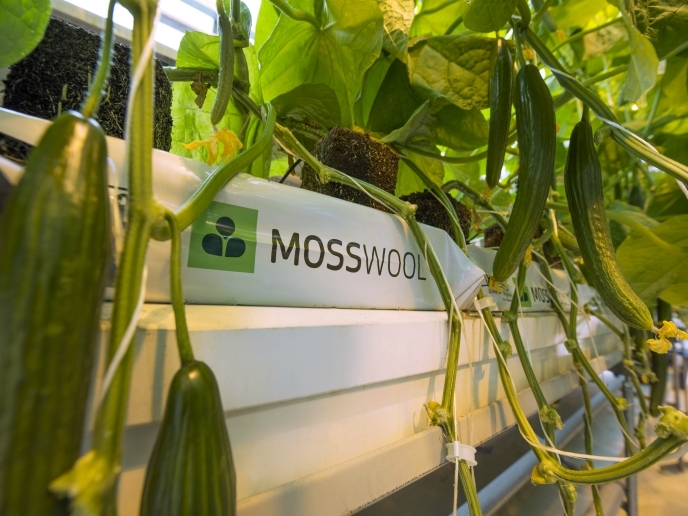Transforming sustainable agriculture through microbial innovation
Soil biodiversity is the hidden force beneath our feet, determining vital processes that sustain life – from growing healthy food to mitigating climate change. Recent advances in microbiology are opening new possibilities to better use these natural systems in agriculture. The EU-funded EXCALIBUR(opens in new window) project is developing microbial bioproducts that harness soil biodiversity to reduce chemical inputs while maintaining crop productivity. “Based on our results, exploiting soil biodiversity might be one of the main options for reducing chemicals in agriculture,” notes Stefano Mocali, EXCALIBUR project coordinator. Microbial-based inoculants(opens in new window), he adds, "are key enablers of the EU’s circular bioeconomy, promoting low-input, regenerative and resilient farming systems, transforming waste into value, and contributing to climate and environmental goals.”
Microbial solutions for crop success
EXCALIBUR’s approach centres on selecting and optimising soil microorganisms to create effective ‘microbial consortia’, or communities of diverse microorganisms. These novel bioproducts combine plant growth-promoting and biocontrol activities, with researchers developing a formulation strategy that entraps fungal microorganisms in gel particles enriched with additional components. This results in a multifunctional bioformulation that works well in different soil conditions. Field trials on tomatoes, apples and strawberries revealed remarkable results. In some cases, the bioinoculants enabled the reduction of chemical fertilisation by 30-50 %, without compromising plant performance or economic viability. The application of these microbial solutions significantly improved soil quality and biodiversity. The trials demonstrated that native soil microorganisms had a superior performance in supporting plant growth and controlling soil-borne pathogens. These results were most significant when bioinoculants were sourced from microorganisms found in soils from the same geographical area, highlighting the importance of tailored strategies based on specific soil characteristics and native microbiota.
Smart monitoring and assessment solutions
To support the safe and effective use of bioinoculants in agriculture, EXCALIBUR developed and patented a detection tool. Unlike traditional antibody-based methods, this tool uses aptamers, which are single-stranded DNA or RNA molecules that recognise and bind target microbial cells with enhanced sensitivity, high specificity and lower production costs. The technology offers rapid, cost-effective monitoring of bioinoculants in soil, making it ideal for on-site analysis and transferable to mobile biosensor devices. Coordinated by Italy’s Council for Agricultural Research and Economics (CREA), the project also created a soil quality assessment tool(opens in new window) using a recognised statistical approach for data classification called SIMCA(opens in new window). CREA’s web platform evaluates soil quality based on chemical, physical and biological parameters, providing farmers with an accessible decision-support system to optimise their bioinoculant applications.
Supporting European agricultural transformation
EXCALIBUR’s scalable solutions are part of its meta-organism approach, which treats plant, soil and soil organisms as interconnected systems. The project promotes a soil management strategy(opens in new window) that includes prebiotics (compounds that nourish beneficial microbes), probiotics (live beneficial microorganisms) and postbiotics (beneficial microbial by-products). “These practices contribute to sustainable agriculture by promoting a healthy soil microbiome, reducing reliance on chemical fertilisers and pesticides, and enhancing plant resilience to environmental stresses,” says Mocali. EXCALIBUR developed key tools supporting EU policy objectives, including a dossier template for manufacturers seeking to place new microbial inoculants on the EU market, under the Fertilising Products Regulation(opens in new window). The project’s innovations could transform how farmers across Europe optimise soil health and crop yields, paving the way for precision agriculture tailored to local conditions and biodiversity.




